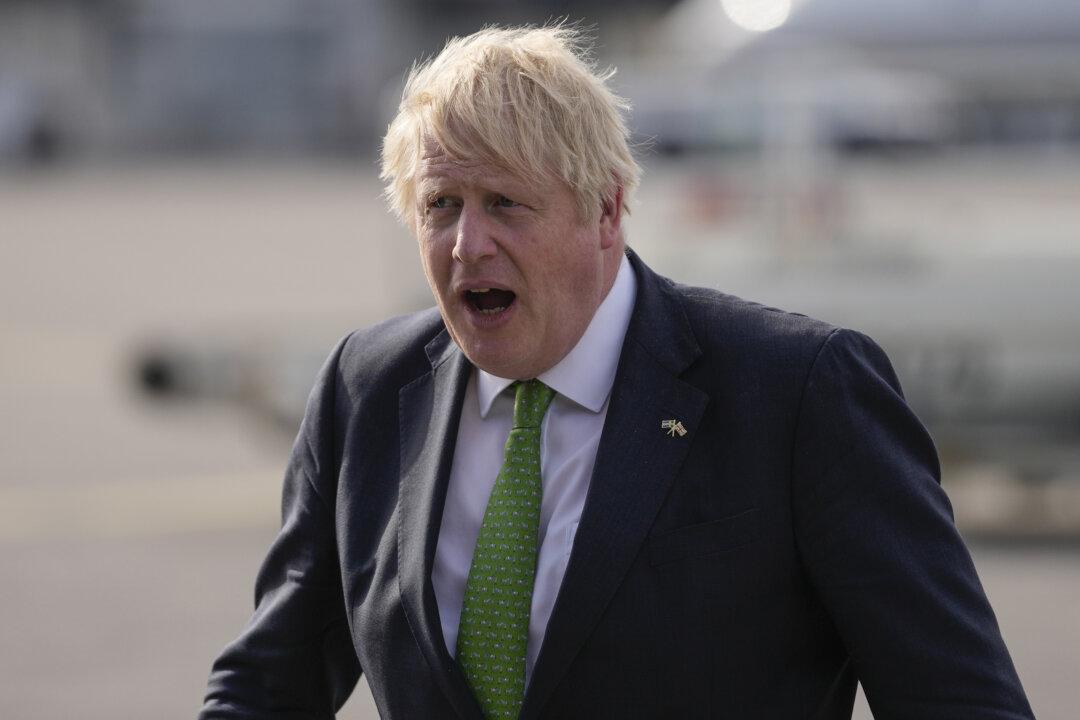British Prime Minister Boris Johnson said on Wednesday he doesn’t like the idea of imposing a windfall tax on the profits of energy firms but stopped short of ruling one out.
The Conservative government has so far resisted Labour’s call to impose a one-off windfall tax on North Sea oil and gas producers, which would add another 10 percent to the corporation tax on the companies’ profit on top of the 40 percent they have been paying, to help fund cash support for households grappling with soaring bills.





